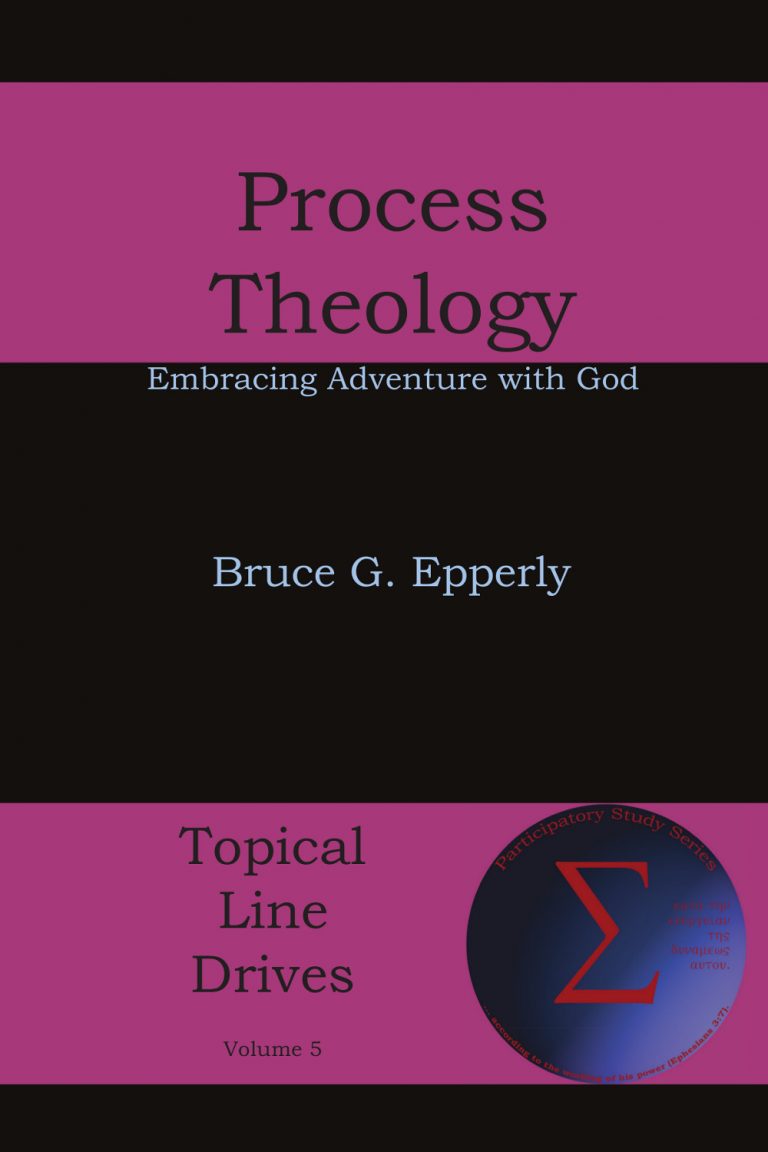Prologue to To the Hebrews: Continuity and Reliability
I’m continuing to read from the commentary on Hebrews by David L. Allen (Hebrews in the New American Commentary). I’m bound to get way ahead in my reading but I want to make a few remarks about the prologue, which both Dr. Allen and I would say goes through verse 4.
I have written on this before (comments and translation notes), and I haven’t found any reason to alter what I said in those posts on the subject. What I want to discuss here is how the prologue relates to the theme.
I think the prologue states the theme. We will find at later points in the book that we can refine the particular nature of the situation addressed and the causes of problems that are addressed, but we already have the basic story right here. The author is interested in two major points, I think: continuity and reliability. He states these in terms of God’s relationship to his people.
Often people get the idea that Hebrews is about discarding the Old Testament. I recall some participants in discussions I have led telling me that it is obvious that he is making the New Testament supersede the Old, or Jesus to supersede all that came before. People can become quite distressed that I do not see such an obvious conclusion. But if you are looking at the structure of the book, you realize that the entire thing falls apart if the author thinks the Old Testament is somehow wiped away. That isn’t the argument at all.
Rather, a certain view of the Old Testament is wiped away, most particularly the view that it is the scriptures and is the end, or that in the Torah one would find the ultimate revelation of God. Rather than saying that the Torah is flawed, he is saying that God didn’t finish by presenting the Torah. There is a new center point, and that center point is the revelation of God through Jesus. I would also suggest that our author is not here saying that this is a change from what the Old Testament writers themselves would have said. I think he would maintain that he is correcting course, that the idea that the Torah was everything was never correct, but rather than it was always God who was the focus, and that until God became manifest in Jesus, we didn’t have the opportunity to see that particular radiance.
So now he is putting the focus of all revelation on God, and letting us know that we can receive God’s message, and that we can enter into a relationship with God because that has been made possible through Jesus Christ, the exact representation of who God is. There is no suggestion here that this eliminates all that other revelation; instead it illuminates it.
So why do I say the structure would fall apart if the author was simply discarding the Old Testament revelation? Surely he can be arguing that the Old Testament was good enough for its time, but now we have something better, and even the Old Testament writers realized they would be superseded. But I disagree. He is not simply aiming at continuity. He is aiming at reliability. Those Old Testament writers were not some kind of failure on God’s part. Rather, they were leading up to the present time (the author’s and ours!) and that chain of connections shows that not only does the revelation continue, but it can be relied upon by us, just as it was relied upon by the patriarchs (and matriarchs, for that matter). But we now have this additional communication and evidence of reliability. God did come through, did send Jesus, did and does still lead us, and will continue to do so until we reach that (to us) coming Mt. Zion.
One of the refinements of this theme comes in chapter 11 in which we have the patriarchs represented as more faithful than they actually were in the Old Testament text. But in God’s faithfulness they are even more faithful than they would appear to us to be in their story. Well before the time of Jesus, when they were weak, he was strong.
I’d suggest spending quite some time with this passage. I’ve read it more times than I can recall. I have the entire book of Hebrews recorded on my phone in Greek so I can listen to it in my car. But I always feel tremendously inadequate as these words roll over me and I realize the freight that has been loaded into these few sentences.
